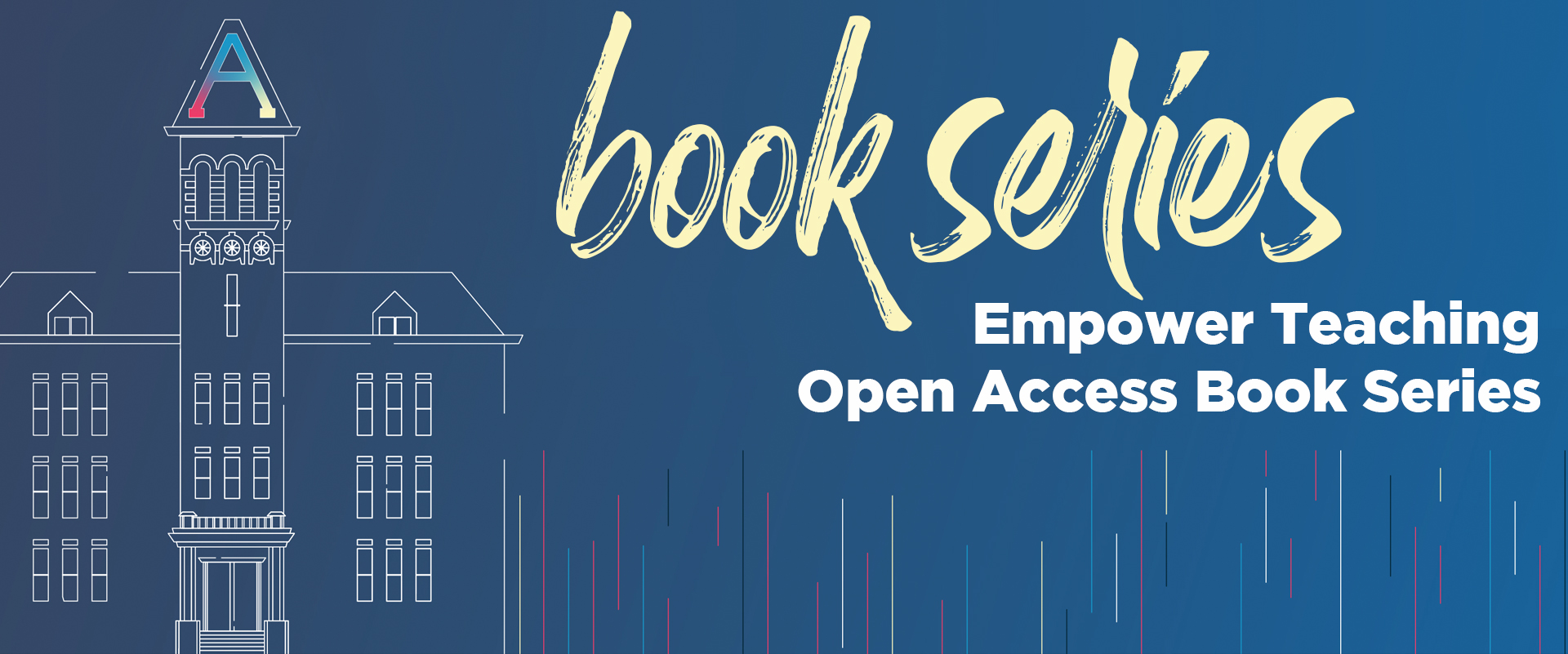Document Type
Chapter
Journal/Book Title/Conference
Making Connections: A Handbook for Effective Formal Mentoring Programs in Academia
Editor
David Law & Nora Domínguez
Publisher
Utah State University
Publication Date
5-15-2023
First Page
59
Last Page
83
Creative Commons License

This work is licensed under a Creative Commons Attribution-Noncommercial-No Derivative Works 4.0 License.
Abstract
While mentoring is shown to have several positive benefits within academia, it is necessary to focus on the range of different high-quality relationships that are a necessary yet complex aspect of mentoring relationships. Thus, mentoring represents a complex, dynamic, and diverse range of mutually beneficial developmental relationships across diverse functions (career and psychosocial) and types (hierarchical, peer, group, and reverse) of mentoring. The impact of mentoring within academia demonstrates that these relationships are essential for developing a wide range of knowledge, skills, and abilities and developing social relationships and networks that are significant for learning, development, success, and well-being. Our chapter looks at the various forms and functions of mentoring within an academic context that includes hierarchical, peer, group, and reverse mentoring. In addition, we outline directions for future research and practice that explore the ideas of mentoring as a buffer, a tool for social influence, and a catalyst for identity work as people journey throughout their academic and professional pathways.
Recommended Citation
Murrell, Audrey J. and Onosu, Gloria O., "Chapter 3- Cultivating Diverse Forms and Functions of Mentoring Relationships Within Academia" (2023). Making Connections. Paper 5.
https://digitalcommons.usu.edu/makingconnections/5


